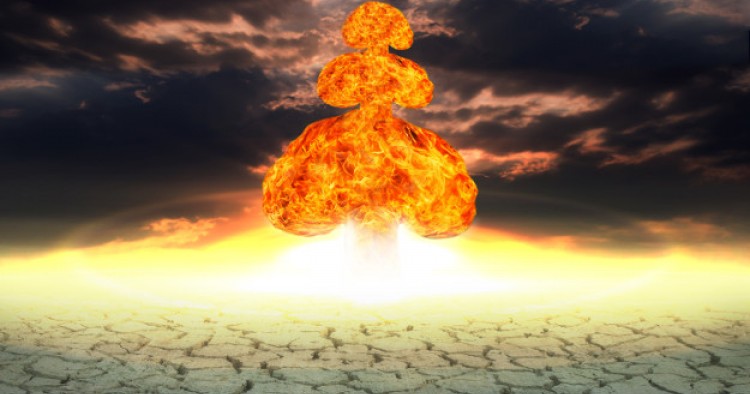On December 27, Iran’s Supreme Leader Ali Khamenei again stressed that the use of nuclear weapons was counter to Islamic principles. “The ban on nuclear weapons has very important jurisprudential and logical bases, but the opportunity to acquire other kinds of power is at the disposal of the state and the nation,” he noted. “Arrogant powers such as the United States pursue social prosperity and what they call 'American values' by accumulation of wealth and hegemony over the world. However, Islam sees the prosperity of mankind through the lens of human virtues and the existence of Quranic thought and action in all parts of society.”
Comment:
It is not the first time that Khamenei has said that the use of nuclear weapons is prohibited in Islam. Iranian officials also claim the Supreme Leader has issued a fatwa (religious decree) banning the production and use of weapons of mass destruction. But they have offered no details and many Iran observers have questioned the existence of such a decree by Khamenei.
And given the Islamic Republic’s long history of deception, such a fatwa, even if it exists, does not assuage concerns of regional states and the international community about Tehran’s nuclear ambitions. The Islamic Republic’s founding leader, Grand Ayatollah Ruhollah Khomeini, changed some of his prior fatwas as the circumstances dictated after the 1979 revolution. And there is no guarantee that Khamenei will not alter his regarding nuclear weapons.
Furthermore, Khamenei’s fatwa is said to be on the basis of an Islamic principle that forbids killing of innocent civilians. But if the Iranian regime’s actions in Syria and the broader region are any indication, Iranian leaders have no respect for Muslims’ suffering and are often the primary instigators of conflicts and mayhem in the region.
The Middle East Institute (MEI) is an independent, non-partisan, non-for-profit, educational organization. It does not engage in advocacy and its scholars’ opinions are their own. MEI welcomes financial donations, but retains sole editorial control over its work and its publications reflect only the authors’ views. For a listing of MEI donors, please click here.













